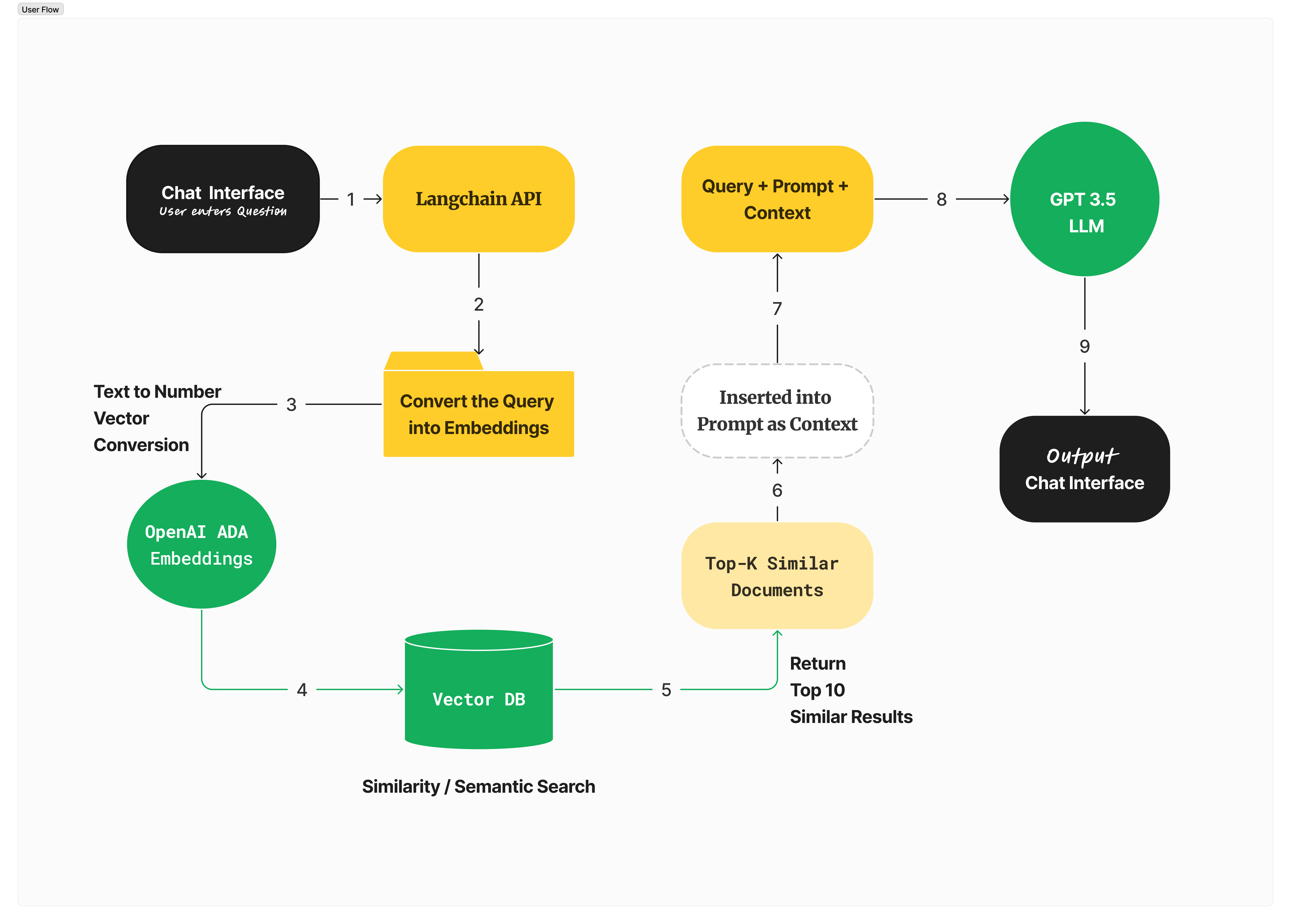Advanced_RAG: Guided RAG Notebooks for LLM Enhancement

Project Overview
| GitHub Stats | Value |
|---|---|
| Stars | 194 |
| Forks | 35 |
| Language | Jupyter Notebook |
| Created | 2024-03-28 |
| License | - |
Introduction
Advanced_RAG is a comprehensive project designed to enhance your understanding of Retrieval-Augmented Generation (RAG) using the Langchain framework. This collection of Python notebooks guides you through the process of integrating rich, contextual knowledge into Large Language Models (LLMs). It covers the basic architecture of RAG, visualizing the flow from user input to the final generated response. The project also delves into advanced techniques, including multi-query retrievers and various agentic RAG models, such as self-reflection, adaptive, and corrective agentic RAG. By exploring these notebooks, you can gain a deep insight into how to leverage RAG to improve the performance and accuracy of LLMs.
Key Features
The Advanced_RAG project is a comprehensive guide to Retrieval-Augmented Generation (RAG) using the Langchain framework. It enhances Large Language Models (LLMs) with rich, contextual knowledge through various advanced techniques. Key features include:
- Architecture Flows: Visual explanations of the RAG process from user input to final response.
- Advanced Techniques: Multi Query Retriever, Self-Reflection-RAG, Agentic RAG, Adaptive Agentic RAG, and Corrective Agentic RAG.
- Notebooks: Detailed tutorials on query transformations, routing to data sources, indexing methods, retrieval mechanisms, and specialized RAG flows.
- Local Implementation: Includes a local implementation of LLAMA 3 Agentic RAG.
This project offers a structured approach to integrating RAG with LLMs for more informed and accurate natural language generation.
Real-World Applications
The Advanced_RAG project offers a comprehensive set of Python notebooks designed to enhance Large Language Models (LLMs) with advanced Retrieval-Augmented Generation (RAG) techniques using the Langchain framework. Here are some practical ways users can benefit from this repository:
- Understand RAG Architecture: Explore the visual flow of how a query moves through the RAG system, from user input to the final generated response.
- Advanced Techniques: Delve into notebooks that detail advanced RAG components, such as multi-query retrievers, self-reflection, and agentic flows.
- Practical Notebooks: Use notebooks like
01_Introduction_To_RAG.ipynbto learn the basic process of building RAG applications, or02_Query_Transformations.ipynbto understand techniques for modifying questions for retrieval. - Data Source Routing: Learn how to create routing mechanisms to select the correct data source for LLMs in
03_Routing_To_Datasources.ipynb. - Indexing and Retrieval: Explore various indexing methods in vector databases and retrieval mechanisms like reranking and RAG fusion in
04_Indexing_To_VectorDBs.ipynband05_Retrieval_Mechanisms.ipynb. - Specialized RAG Flows: Implement self-reflection, agentic, adaptive, and corrective agentic RAG flows using specific notebooks like
06_Self_Reflection_Rag.ipynb,07_Agentic_Rag.ipynb, and others.
By using these notebooks, users can enhance their LLMs with rich, contextual knowledge, leading to more informed and accurate natural language generation.
Conclusion
The Advanced_RAG project enhances Large Language Models (LLMs) with Retrieval-Augmented Generation (RAG) using the Langchain framework. Key points include:
- Visualized Architecture: Clear flows from user input to generated responses.
- Advanced Techniques: Multi Query Retriever, self-reflection, agentic, adaptive, and corrective RAG methods.
- Detailed Notebooks: Guides on query transformations, routing to data sources, indexing methods, and retrieval mechanisms.
- Future Potential: Enhances LLMs with rich, contextual knowledge for more informed and accurate natural language generation.
For further insights and to explore the project further, check out the original NisaarAgharia/Advanced_RAG repository.
Attributions
Content derived from the NisaarAgharia/Advanced_RAG repository on GitHub. Original materials are licensed under their respective terms.
Stay Updated with the Latest AI & ML Insights
Subscribe to receive curated project highlights and trends delivered straight to your inbox.